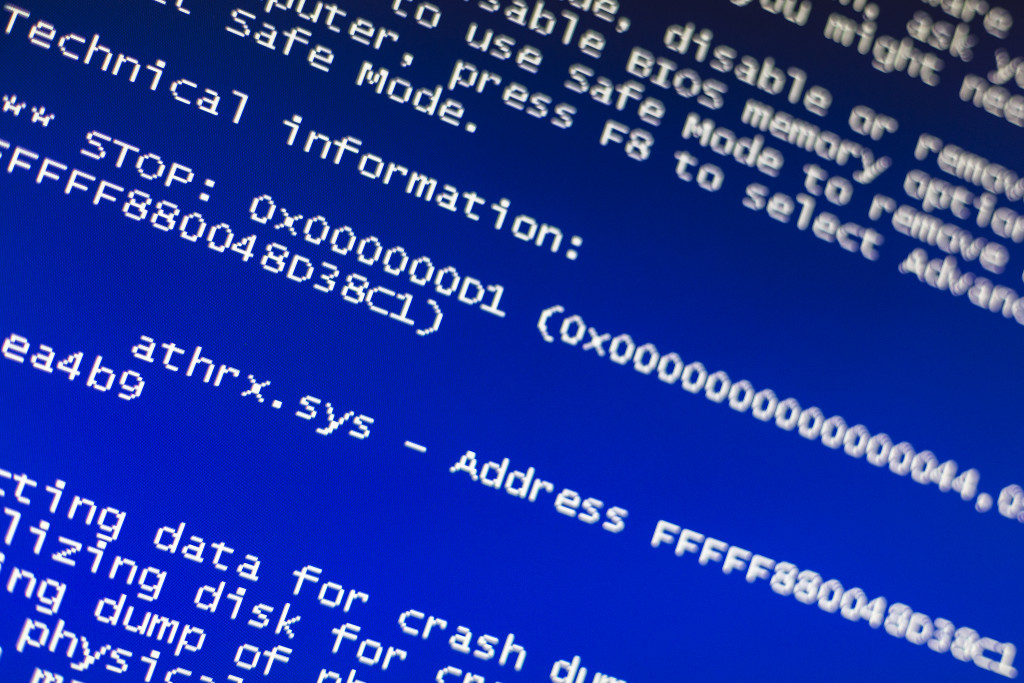Businesses of all sizes face the risk of data loss, which can devastate operations. Data loss can occur due to a natural disaster, human error, or malware attack and can lead to lost revenue, customers, and confidential information.
Understanding the causes and implementing prevention strategies is essential to protect your business from data loss. Here are some of the common causes of data loss and what you can do to prevent them.
1. Power Outages
Power outages are one of the most common causes of data loss, particularly for businesses that rely on computer systems for operations. When a company experiences a power outage, any unsaved data is lost, and computers can no longer access files stored on the hard drive.
To prevent data loss due to power outages, businesses should invest in backup generators and uninterruptible power supplies (UPS). These devices will ensure that your computer systems remain operational during a power outage. A reliable modular UPS can provide your business with the power to avoid data loss and keep operations running smoothly.
2. Human Error
Irretrievable data loss can also happen when an employee accidentally deletes a file or saves over an existing file. Companies could have prevented many of these incidents with proper training and data backup procedures in place.
Businesses should provide employees with the training to properly use computer systems and handle sensitive information to avoid data loss due to human error. In addition, companies should implement backup data solutions that create copies of important files so that employees can recover them if they are accidentally deleted.
Businesses can also prevent human errors using data management software that controls who has access to sensitive information and tracks changes made to files. This software can help enterprises keep track of their data and ensure that only authorized personnel have access to it. It also allows the higher-ups to find and fix errors quickly before they result in irretrievable data loss.
3. Hardware Failures
No equipment is immune to failure, and computers are no exception. Hard drives can fail for several reasons, such as physical damage, data corruption, or overheating. When a hard drive fails, any data stored on it is lost. Some businesses may be able to retrieve data from a failed hard drive using data recovery software or services, but this is not always possible.
Businesses should invest in quality computer hardware and perform regular maintenance on their systems to prevent data loss due to hardware failures. Additionally, they should implement backup data solutions that store copies of essential files off-site so that they can be recovered if the primary document is lost.
4. Software Corruption
Like hardware, the software can also fail for many reasons. Software corruption can occur due to a power outage, hardware failure, or human error. When software becomes corrupted, the data stored on the system may be lost or inaccessible.
Many businesses mistake thinking that their data is safe as long as they have a backup copy. However, if the software used to access the information is corrupt, the backup may also be unusable.
Businesses should invest in quality software and perform regular maintenance on their systems to prevent data loss due to software corruption. Additionally, they should create multiple backups of important files that they can access through other software programs.

5. Malware Attacks
One of the worst ways businesses can lose data is through a malware attack. Malware, such as viruses, worms, and Trojan horses, can infect computers and cause irreparable damage to files. Hackers can spread malicious software through email attachments, downloads, and even social media links.
These attack does not only result in data loss but can also lead to system downtime, data theft, and damage to your business’s reputation. To prevent malware attacks, companies should implement security measures, such as firewalls and anti-virus software. They should also educate employees on how to identify and avoid malware.
6. Natural Disasters
Finally, an unavoidable cause of data loss is natural disasters, such as floods, hurricanes, and earthquakes. These disasters can damage or destroy computer systems, resulting in the loss of any data stored on them.
Although no one can prevent natural disasters, businesses can take steps to protect their data. They should invest in data backup solutions that store copies of essential files off-site, such as in the cloud or a separate physical location. Additionally, they should have a plan in place for recovering from a disaster so that they can get their systems up and running as quickly as possible.
Data loss is a severe problem that businesses of all sizes face. By taking steps to prevent data loss, companies can protect themselves from the negative consequences that come with it. The key is to be proactive and take measures to ensure that data is backed up and secure. Always store copies of essential files off-site and have a plan for recovering from a disaster.





